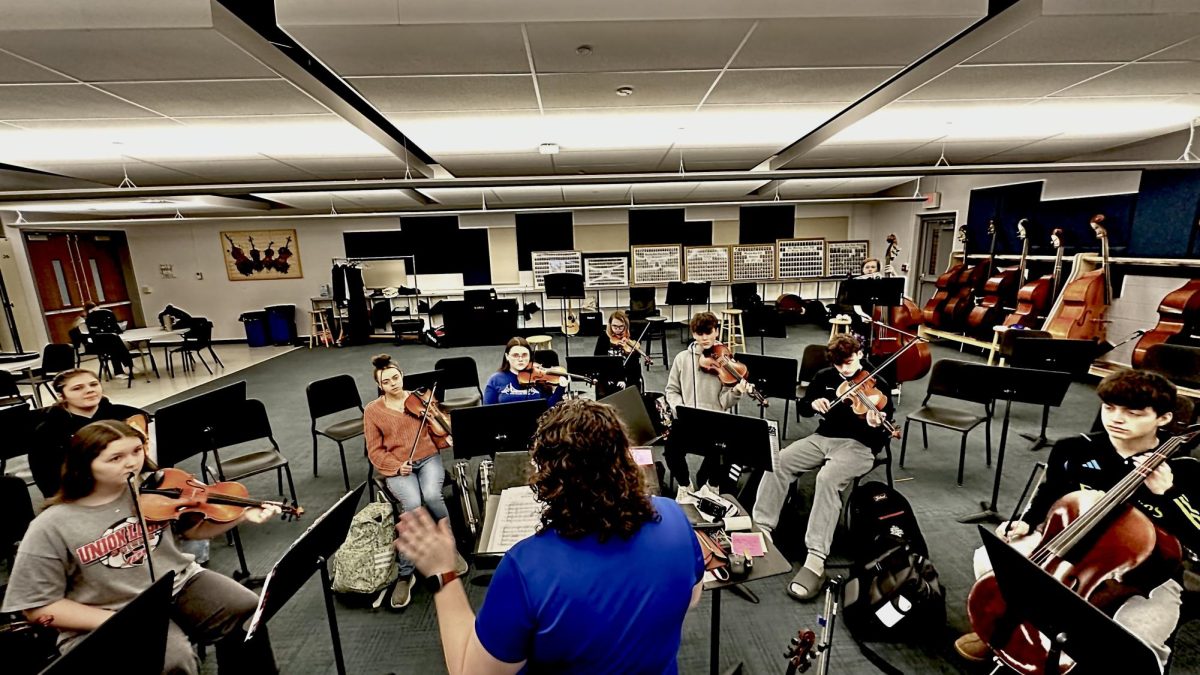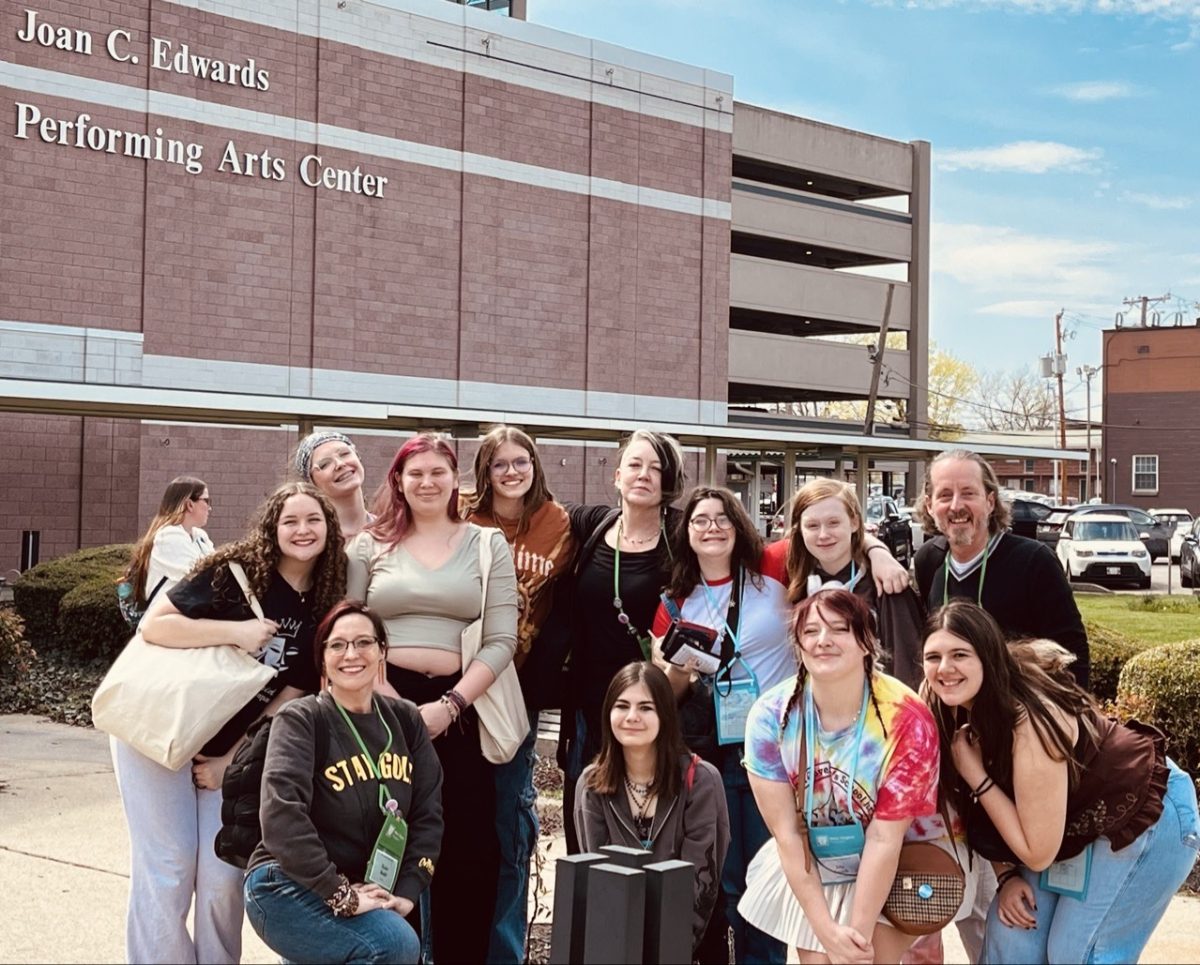Trigger Warning: This article contains topics of suicide.
According to the CDC, there were an estimated 49,449 deaths from suicide in 2022. This is why the month of September has been made National Suicide Awareness Month, to raise awareness of the stigmatized and often taboo topic and those who have been affected by it.
One prominent advocate for mental health is Dr. Jill Maloney, the mental health specialist here at Wheeling Park High School, who said, “It’s okay to talk about it, it’s okay to reach out…Just because you’re having those thoughts doesn’t mean that you’re a weak person, it just means that you might need some help.”
In order to help those with suicidal thoughts or tendencies, we must make sure the conversation isn’t a difficult one to have. Dr. Maloney urges students to pay attention to her Tuesday Topic messages about suicide prevention and openly show that you’re okay with the topic so anyone who may be struggling can rely on and trust you.
If you do know someone who is dealing with suicidal thoughts or ideations, listening and reaching out are two of the most important things that can be done. You should never make promises to someone such as “I’ll make it better,” or “this will get better.”
“You don’t know what can or can’t get better,” Dr. Maloney says, “but what you can control in this situation is helping them find help.”
Common signs of suicidal thoughts include giving away prized possessions, loss of interest or withdrawal from things that were once enjoyed, a sudden change in attitude, and making coded statements that hint at saying goodbye. However, many students will exclaim statements such as “I’m gonna kill myself,” and “I just want to die,” despite how severe they are.
“All people could be more conscious of our language,” Ms. Jennifer Mathieu, a guidance counselor at Wheeling Park, said. “We say [these phrases] offhanded as though they don’t have this heavy weight behind them…You don’t know if that’s triggering to someone. You don’t know if someone in your classroom experiences suicidal ideation themself or maybe has lost someone from suicide.”
It’s important to be mindful of the things you say as it may trigger someone or make them believe you’re not a person they can feel safe around. Ending the stigma is the first step to aiding those in need of help but may be too afraid to speak their minds. And if you are struggling with suicidal thoughts yourself, please know that you are not alone and there is help available.
“Please don’t make a permanent decision on something that is temporary,” Ms. Mathieu urges students. “Everything in life is temporary except for death.”
If you would like to raise awareness of suicide prevention, check in on people you know, be open, and never shy away if they want to talk. The guidance counselors are in the building from 7 AM to 3 PM and are always ready to receive messages or visits from students. If it is an out-of-school emergency, the national suicide hotline – 988 – is always open 24/7, as well as 911.
























